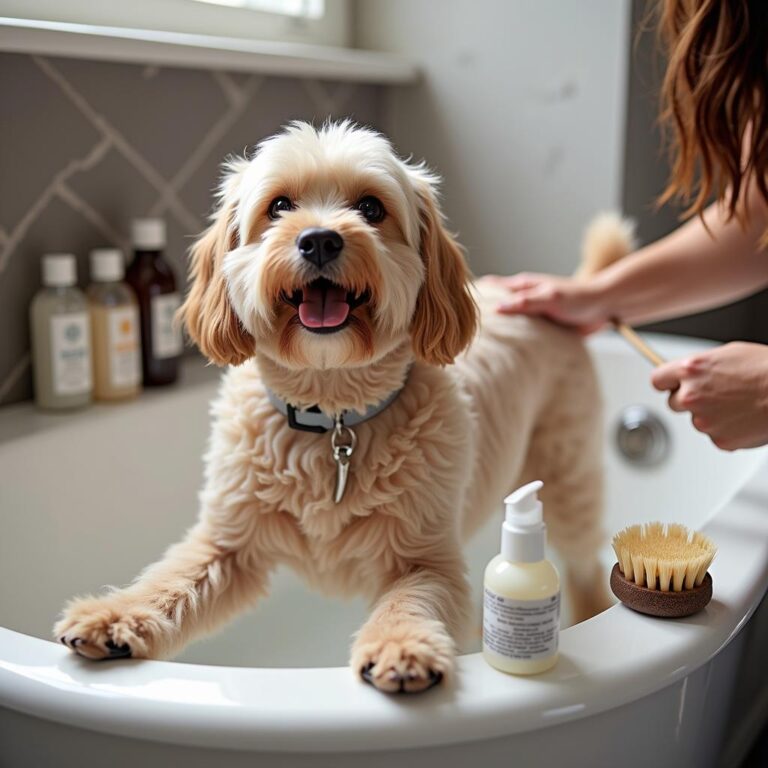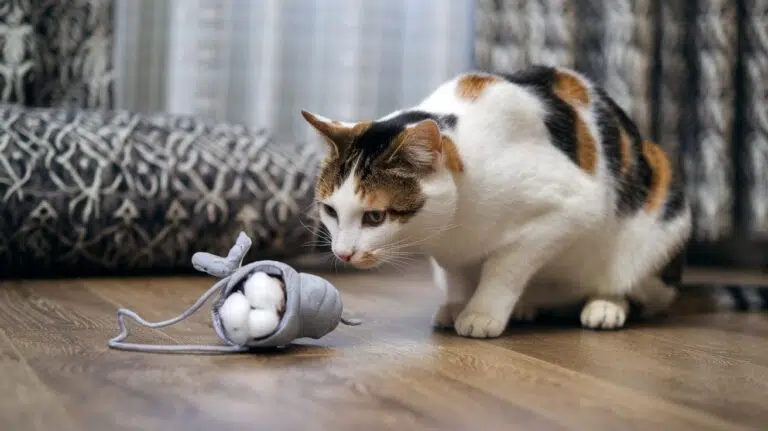How to Keep Your Pet’s Teeth Healthy Naturally
How to Keep Your Pet’s Teeth Healthy Naturally
Maintaining your pet’s dental health is crucial for their overall well-being. Just like humans, pets can suffer from various dental issues that can lead to pain, infection, and even systemic health problems. Fortunately, there are natural ways to promote your furry friend’s oral hygiene without resorting to chemical treatments or expensive veterinary procedures. In this article, we will explore effective and natural methods to keep your pet’s teeth healthy.
Understanding Your Pet’s Dental Health
Before diving into natural solutions, it’s essential to understand why dental health matters. Plaque and tartar buildup can lead to periodontal diseases, which can affect not only your pet’s mouth but also their heart, liver, and kidneys. Regular dental care contributes to a healthier, happier life for your pet, reducing the risk of serious health issues related to poor dental hygiene.
Key Signs of Dental Problems
It’s vital to observe your pet for signs of dental issues. Some common indicators include:
– Bad breath
– Red or swollen gums
– Loose or missing teeth
– Difficulty eating or chewing
– Excessive drooling
– Pawing at the mouth
If you notice any of these signs, it’s advisable to consult your veterinarian. However, prevention is always better than cure. Here are natural ways to keep your pet’s teeth healthy.
1. Regular Teeth Brushing
The most effective way to maintain your pet’s dental hygiene naturally is through regular brushing. Begin by introducing your pet to the toothbrush gently. Use a soft-bristled toothbrush designed specifically for pets, and a toothpaste that is safe for them—never use human toothpaste, as it can be harmful.
To brush your pet’s teeth:
– Start slow, allowing them to get used to the toothbrush.
– Apply a small amount of pet-friendly toothpaste to the brush.
– Gently brush in circular motions, focusing on the gum line where plaque tends to accumulate.
– Aim for at least 2-3 times a week, or daily if possible.
2. Natural Chews and Treats
Chewing helps mechanically remove plaque and tartar from teeth. Consider including natural chew toys and dental treats in your pet’s diet. Here are some excellent options:
– **Raw Vegetables**: Carrots, celery, and cucumbers can serve as crunchy treats that help clean teeth.
– **Dental Chews**: Look for natural dental chews that are free from artificial ingredients and chemicals.
– **Bones**: Raw, meaty bones can provide dental benefits, but avoid cooked bones as they can splinter.
Always supervise your pet when chewing to prevent choking or any other accidents.
3. Fresh Water and Diet
Hydration is crucial for overall health, including dental health. Ensure your pet has access to fresh water at all times. Additionally, a balanced diet contributes significantly to good dental hygiene.
– **High-Quality Pet Food**: Choose food that is low in sugars and free from artificial preservatives.
– **Raw Diet**: Some pet owners opt for a raw diet, which can naturally clean teeth due to the chewing of muscle and bone.
Consult with your veterinarian before making significant changes to your pet’s diet.
4. Herbal Remedies for Dental Health
Several herbs can support dental health naturally. Incorporating these into your pet’s routine can provide additional benefits:
– **Neem**: Known for its antibacterial properties, neem can help reduce plaque buildup and promote gum health. You can find neem products specifically designed for pets.
– **Peppermint**: A natural breath freshener, peppermint can also help eliminate bacteria in the mouth.
– **Coconut Oil**: This natural oil has antimicrobial properties. You can rub a small amount on your pet’s teeth or mix it into their diet.
Always ensure that herbs are safe for your specific pet species and consult your veterinarian if you have any concerns.
5. Regular Vet Check-Ups
Even with the best natural care routine, it’s essential to schedule regular vet check-ups. Professional cleanings and examinations can catch any potential dental problems early. Your veterinarian may recommend dental cleanings or treatments based on your pet’s specific needs.
6. Promoting Oral Health with Fun Activities
Incorporating dental care into playtime can make it more enjoyable. Engage your pet with toys that promote chewing or introduce dental games. Some ideas include:
– **Fetch with Chew Toys**: Use toys designed to help clean teeth as you play.
– **Hide and Seek**: Hide dental treats around the home to encourage your pet to search for them, stimulating their interest in oral hygiene.
7. Avoid Sugar and Human Foods
Many human foods contain high levels of sugar, which can lead to an increase in plaque and tartar. Avoid giving your pet sugary snacks and consider alternatives such as small amounts of fruits or vegetables.
Conclusion
Keeping your pet’s teeth healthy naturally requires a comprehensive approach, including regular brushing, appropriate chewing options, a balanced diet, and periodic veterinary check-ups. By adopting these practices, you’ll help ensure that your furry friend maintains a clean and healthy mouth, promoting their overall health and happiness for years to come. With dedication and consistency, you can make dental care a seamless part of your pet’s routine and contribute to a long, vibrant life.







